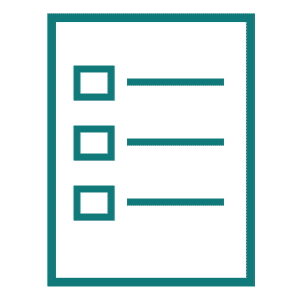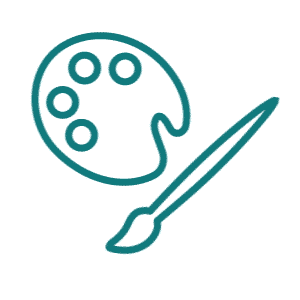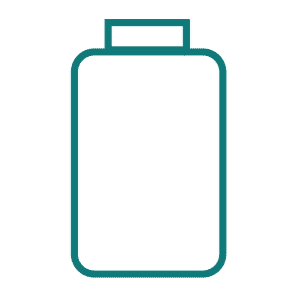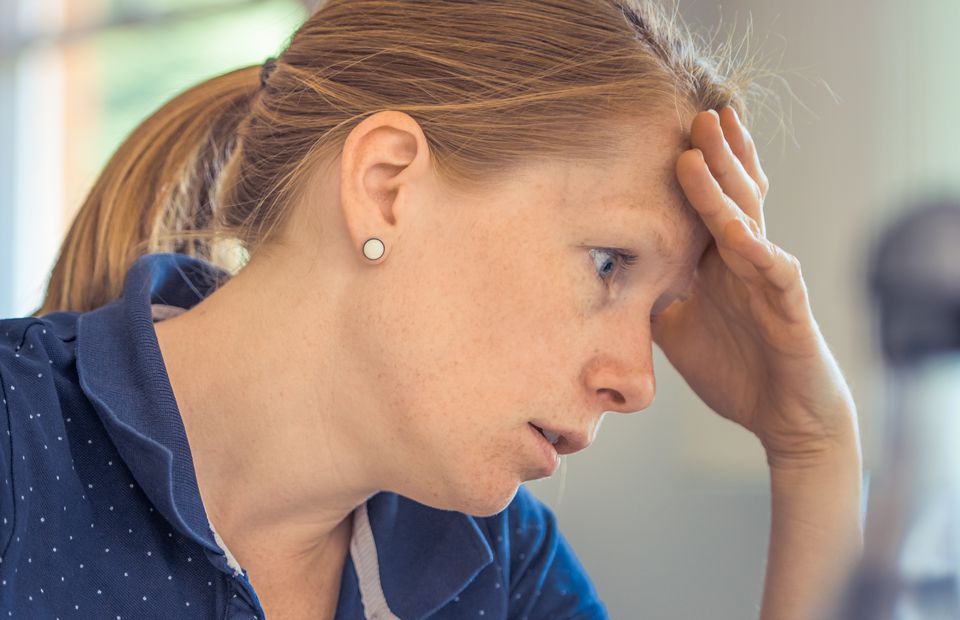
Increased Productivity

Increased Creativity

Increased Energy

Increased Focus

Sometimes the most important thing you have to do is to do absolutely nothing. Here are some science-backed ways to relax and unwind.






Your job and your career are important, but it's not everything. Here are five things your career should not be in your life—and what your career absolutely can be.

Just because you quit your toxic job does not mean that it's all over. Here's how to reflect and heal from a toxic work situation.

We're all told to hustle all the time—to the point of burnout. Here's our case for slow work and why working smarter doesn't always mean working harder.

Stay away from that snooze button. Try these tricks to become the morning person you always wanted to be!

What is the prioritization matrix and how does it work? Here's how to hack into this way to get things done by order of importance using the Six Sigma + Eisenhower matrices.

How do you build new habits? Conversely, how do you get rid of old habits that no longer serve you? We turned to science to find out how to build, alter, and ditch habits.

Are you making mistakes at work? If the answer is yes, then slow down, take a breather, and follow these steps to stop making careless mistakes in the workplace.

Get rid of the Sunday scaries once and for all with these tips on making the most of your week and weekend, taking care of yourself, and improving overall wellness.

Burnout is real—like, really real. Recently recognized by the World Health Organization, work burnout is a serious diagnosis. Here's what you need to know.